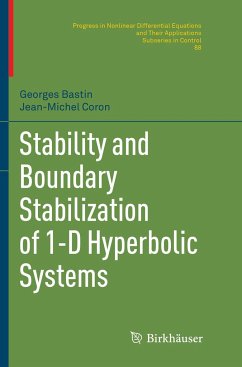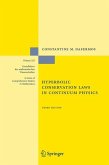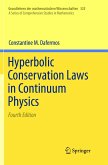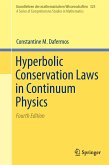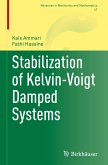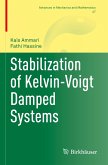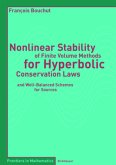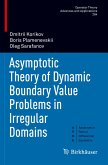This monograph explores the modeling of conservation and balance laws of one-dimensional hyperbolic systems using partial differential equations. It presents typical examples of hyperbolic systems for a wide range of physical engineering applications, allowing readers to understand the concepts in whichever setting is most familiar to them. With these examples, it also illustrates how control boundary conditions may be defined for the most commonly used control devices.
The authors begin with the simple case of systems of two linear conservation laws and then consider the stability of systems under more general boundary conditions that may be differential, nonlinear, or switching. They then extend their discussion to the case of nonlinear conservation laws and demonstrate the use of Lyapunov functions in this type of analysis. Systems of balance laws are considered next, starting with the linear variety before they move on to more general cases of nonlinear ones. They go on to show how the problem of boundary stabilization of systems of two balance laws by both full-state and dynamic output feedback in observer-controller form is solved by using a "backstepping" method, in which the gains of the feedback laws are solutions of an associated system of linear hyperbolic PDEs. The final chapter presents a case study on the control of navigable rivers to emphasize the main technological features that may occur in real live applications of boundary feedback control.
Stability and Boundary Stabilization of 1-D Hyperbolic Systems will be of interest to graduate students and researchers in applied mathematics and control engineering. The wide range of applications it discusses will help it to have as broad an appeal within these groups as possible.
The authors begin with the simple case of systems of two linear conservation laws and then consider the stability of systems under more general boundary conditions that may be differential, nonlinear, or switching. They then extend their discussion to the case of nonlinear conservation laws and demonstrate the use of Lyapunov functions in this type of analysis. Systems of balance laws are considered next, starting with the linear variety before they move on to more general cases of nonlinear ones. They go on to show how the problem of boundary stabilization of systems of two balance laws by both full-state and dynamic output feedback in observer-controller form is solved by using a "backstepping" method, in which the gains of the feedback laws are solutions of an associated system of linear hyperbolic PDEs. The final chapter presents a case study on the control of navigable rivers to emphasize the main technological features that may occur in real live applications of boundary feedback control.
Stability and Boundary Stabilization of 1-D Hyperbolic Systems will be of interest to graduate students and researchers in applied mathematics and control engineering. The wide range of applications it discusses will help it to have as broad an appeal within these groups as possible.
"A remarkable strong point of the whole book is the inclusion of many illustrative and relevant examples altogether making a convincing case for the direct applicability of the analytic Findings to a number of concrete models. In consequence, this graduate level text should be of interest to advanced students and researchers in applied mathematics and various branches of engineering with a focus on control and stabilization." (Rainer Picard, Mathematical Reviews, May, 2017)

